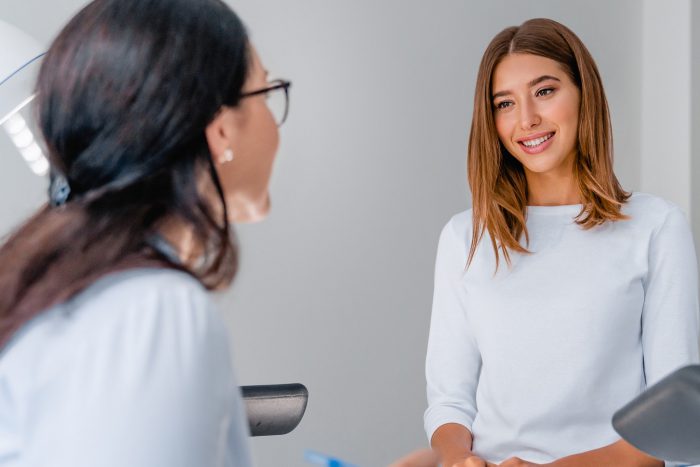
Were you recently diagnosed with HPV? It can be scary to learn you have this sexually transmitted infection(STI) for the first time. But there are realistic ways you can think about HPV to avoid letting it keep you down mentally and physically. Below are the top five tips on what to do after receiving an HPV diagnosis.
1) Stay Calm
You must understand that nearly 80 million Americans are infected with HPV currently. Since it is the most common STI contracted in the country, you are certainly not alone. Most people with HPV can beat it with a robust immune system without feeling symptoms.
It usually takes the body a few years to eradicate the virus. However, you should still see your doctor for checkups and examinations regularly. Your doctor can monitor your health to see if any abnormalities are detected. They will let you know if they see anything to be concerned about.
Just remember your doctor is there to guide you through the process, so you are not alone.
2) Learn About the Health Risks
There are different strains of HPV. Many do not cause long-term harm, while others create a reasonable risk of genital warts, oral cancer, and cervical cancer. If you ever notice your genital region has large or small HPV bumps or clusters of bumps resembling a cauliflower-like shape, it probably means you have warts.
Seek a physical examination from your doctor for an official diagnosis. They can also give you screening tests to detect oral and cervical cancer.
3) HPV Can Spread to Any Sexually Active Person
If you have oral, vaginal, or anal sex with an HPV-infected partner, you are susceptible to contracting the virus. Of course, your partner may not know they’re HPV positive because they probably don’t notice any symptoms like genital warts. Sometimes an infected person doesn’t experience symptoms for several years after the first time they were infected.
For this reason, you should seek testing from a doctor regularly. Then your doctor can help figure out whether you likely have HPV or not.
4) Get Treated Immediately
HPV has no cure. However, there are prescription medications that can treat the symptoms of HPV, such as genital warts. For example, your doctor may prescribe medication to help reduce discomfort and the size of your genital warts. But if you don’t seek treatment early, they could increase in size and become more uncomfortable and painful.
On the other hand, genital warts may disappear or maintain the same size without any treatment. It all depends on the health of your immune system and other underlying factors. You should also do what you can to build a strong immune system which includes a healthy diet, exercise and HPV supplements to support fighting potential infections.
5) Keep Getting Tested
If you have an active sex life as an HPV-infected person, it is critical to keep getting tested for cervical cancer. After all, HPV is one of the leading causes of cervical cancer. But if your doctor performs a colposcopy to look for abnormal cellular growth in your cervix, they can detect cancer before it has a chance to progress.
Regular pap smears and HPV testing is critical for detecting precancerous cells before they can become cervical cancer. If your doctor sees precancerous cells with the colposcope, they can recommend effective treatments to slow the progression. Determining the best treatment option depends on which stage of cancer you have.
Fortunately, most people with HPV infections don’t get cervical cancer or any symptoms. But it is recommended to keep getting tested to remain healthy and safe.






